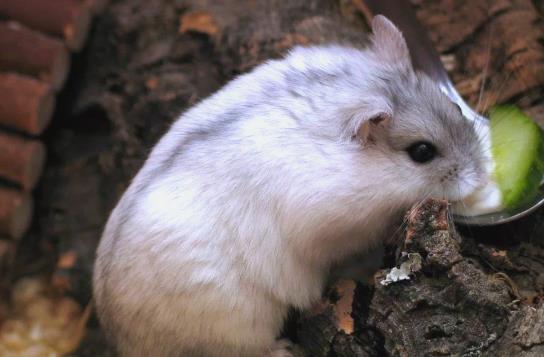Hamsters indeed enjoy hay—especially Timothy Hay and Alfalfa Hay. Hay is not just a natural treat for them; it also plays a crucial role in maintaining their health.

I. Benefits of Hay for Hamsters
1. Aids in Teeth Grinding
Hamsters’ teeth grow continuously throughout their lives. The fibrous texture of hay naturally wears down their teeth, preventing overgrowth that can lead to oral problems.
2. Promotes Digestion
Hay is rich in crude fiber, which helps prevent constipation and supports overall gut health.
3. Supplements Nutrition
Alfalfa Hay: High in calcium and protein, it is ideal for young hamsters (pups) or pregnant hamsters.
Timothy Hay: Low in calcium and high in fiber, it is suitable for adult hamsters as a long-term dietary supplement.
4. Reduces Stress
Chewing on hay helps hamsters relax and satisfies their natural instincts to forage, store food, and explore.
II. How to Feed Hay Properly
1. Provide Unlimited Access
Hay can be kept in the cage long-term, and hamsters will eat it on their own as needed.
2. Keep It Fresh
Replace hay regularly to avoid mold growth or moisture buildup.
3. Pair with Staple Food
Hay is a supplementary food and should be paired with specialized hamster pellets, vegetables, and other staple foods.
III. Notes to Consider
Avoid Processed Wood: For teeth-grinding toys, choose natural, untreated wood to prevent chemical poisoning.
Observe Preferences: Some hamsters may favor one type of hay over another. Try mixing different hays to cater to their taste.
Summary
Hamsters love hay, and feeding it properly can significantly improve their health and quality of life.
